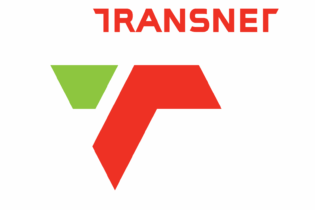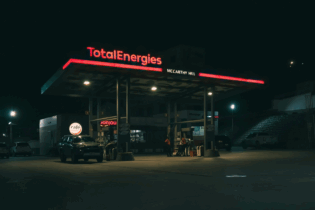Switching to more environment-friendly vehicle fuel would cost South Africa’s oil refiners tens of billions, MPs heard on Thursday.
“It will cost R41 billion to change our refineries to refine to the level of E5,” transport ministry special adviser on climate change, Thamsanga Mohlomi, told Parliament’s environmental affairs portfolio committee. E5 refers to the percentage – in this case, five percent – of ethanol blended into petrol, and is the European standard. South Africa currently uses E2 fuel, containing two percent ethanol. Ethanol, a form of bio-fuel, is produced from crops such as sugarcane and maize. According to Mohlomi, switching from an E2 to E5 standard would create a 40 percent reduction in vehicle greenhouse gas emissions. “But if you use the same type of fuel in industry, for power generation, that can also add another 40 percent reduction of the greenhouse gas emissions that are there at the moment,” he said. Speaking to Sapa after the briefing, Mohlomi said there were about 15 million motor vehicles operating in South Africa, with about four million operating in Gauteng alone. He said the R41 billion cost for switching to E5 fuel was an industry estimate. “That’s what we got from the industry; they said the cost was plus-minus R41 billion.” Earlier, briefing the committee – which is holding public hearings on implementation of the climate change white paper – Mohlomi told members there was “resistance from the oil industry to upgrade their refineries”. He later defined this resistance as “purely financial”. “Everybody can see the benefits of moving, but now they’re – the industry – complaining about the huge investments they need to make.”On pushing ahead with the switch – which the department of transport has dubbed a “flagship programme”, he said government was “at the mercy of the industry, because they have to make the investment”.
Asked if there were plans to make such a switch mandatory, by imposing a deadline, Mohlomi responded: “Not immediately; we’re not looking at that at the moment.” The department preferred to offer incentives, and was holding talks with National Treasury on measures such as, for example, tax relief. Its vision was to move towards the E5 standard, as used in Europe. Some vehicles in fact performed more efficiently on this fuel. “It’s a drawback for us to still be using the E2 standard.” He said South Africa’s transport sector – one of the country’s fastest-growing sources of greenhouse gases – contributed about nine percent to total emissions. Reducing this by 40 percent or more would represent a “big shift” downwards in greenhouse gas emissions, Mohlomi said. According to the Automobile Association, fuel worth about R30 billion was sold for road use in SA in 2010. Source: http://www.iol.co.za






